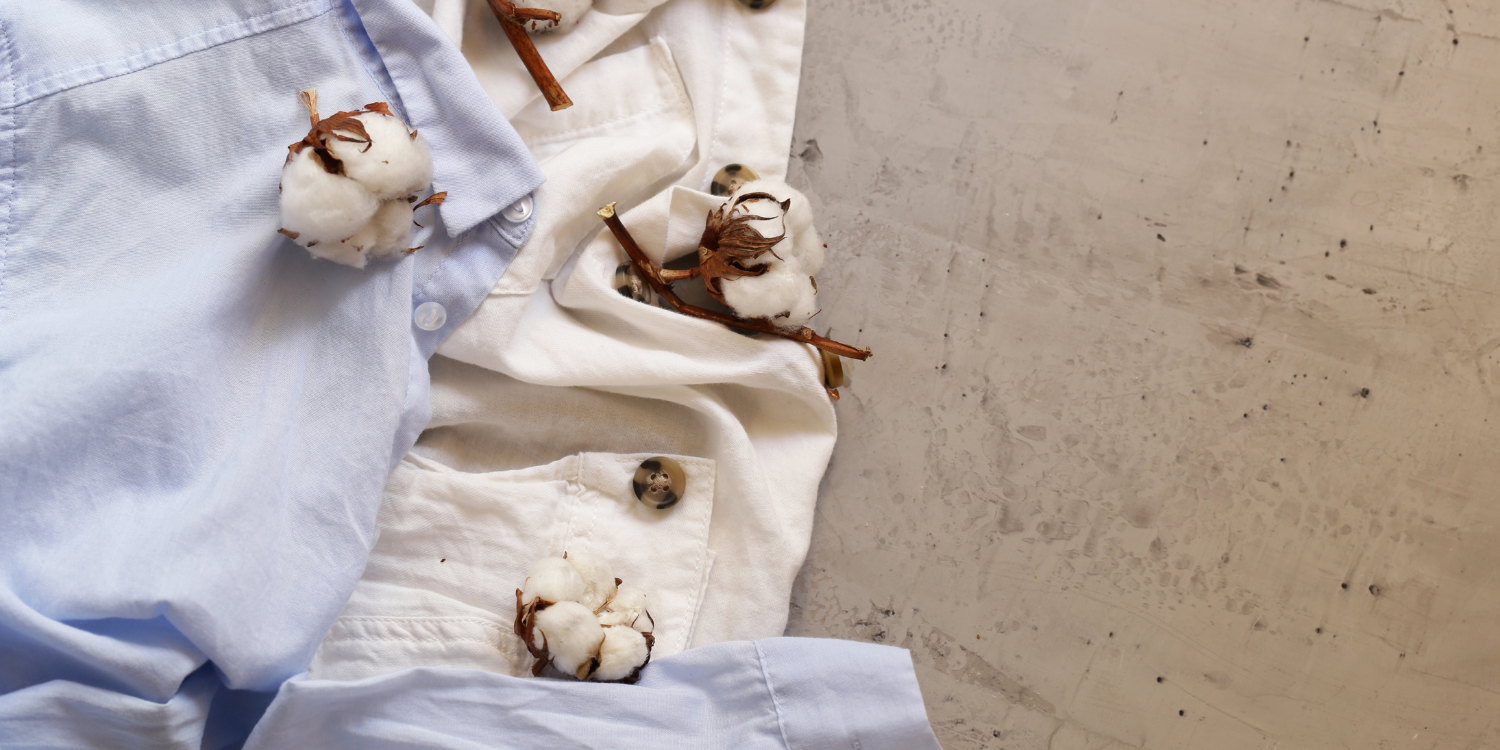
Is wearing organic as important as eating organic?
In the last decades the consensus over the advantages of eating organic food have been increasingly known to a wider public and adopted as a consumer choice by many. Although this is greatly positive progress, it would be phony (not to say quite damn idiotic) to believe that organic production should be applied exclusively to the parameters of the food industry. The textile industry, as the food industry, currently uses an impressive amount of toxic substances (over 8000 synthetic chemicals are employed by the clothing industry to make apparel). More info here.
Oddly, this seems less alarming as we don’t directly “eat” these substances, but in actuality they do penetrate our organisms through continuous contact with our skin and enter our epidermis, our lymphatic system, and blood streams, which is the gateway to all our other organs. So the end result is actually literally the same as if we were to eat our shirts, jeans and underwear.
Yes, you are what you wear as well as what you eat! And we don’t mean it in a ‘fashion police’ sort of way.
Given this essential information you should know that most of your clothes contain: pesticides, chemical fertilizer, synthetic dyes, chemical finishes (think of wrinkle free shirts, come on you knew this stuff was too good to be true…), and synthetic fabrics amongst other. More info here.
These types of chemicals can remain in the fibers for the lifetime of the garment and are harmful to our health. By interacting with our skin they may cause disorders like infertility, respiratory diseases, contact dermatitis, and yes, even cancer. Think for a minute of how farmers manipulate pesticides in their fields (they wear an adequate equipment outfit to avoid direct contact with this stuff), think of how sometimes when you buy new clothes or textiles a label recommends to wash the item before first time use. Although this article concerns only the human organism, the effects on the environment are as bad if not worse.
Okay enough for the depressing part. The good news is that like organic food you can make a stand by choosing to buy and wear organic clothes. These are made from natural fabrics like organic cotton, hemp, and linen. Find out more on healthy and Eco-responsible apparel options here.

Leave a comment
This site is protected by hCaptcha and the hCaptcha Privacy Policy and Terms of Service apply.